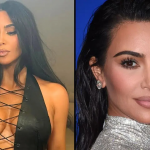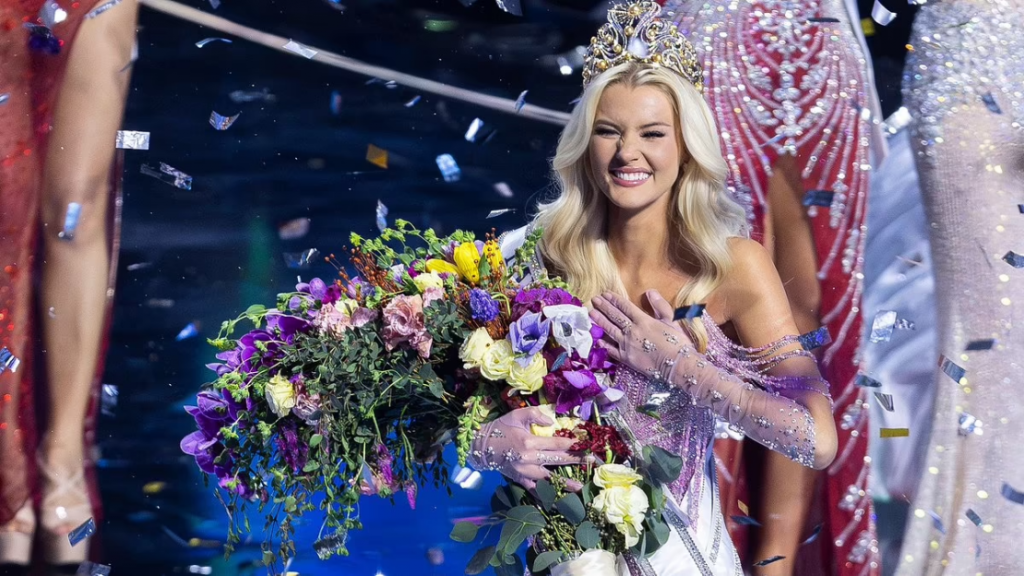
A Danish beauty queen has been crowned Miss Universe, sparking conversations online as many highlight that the winner is a biological woman.
The 73rd Miss Universe final, held in Mexico City, saw 21-year-old Victoria Kjaer Theilvig deliver a stellar performance to claim the coveted title on Saturday night.
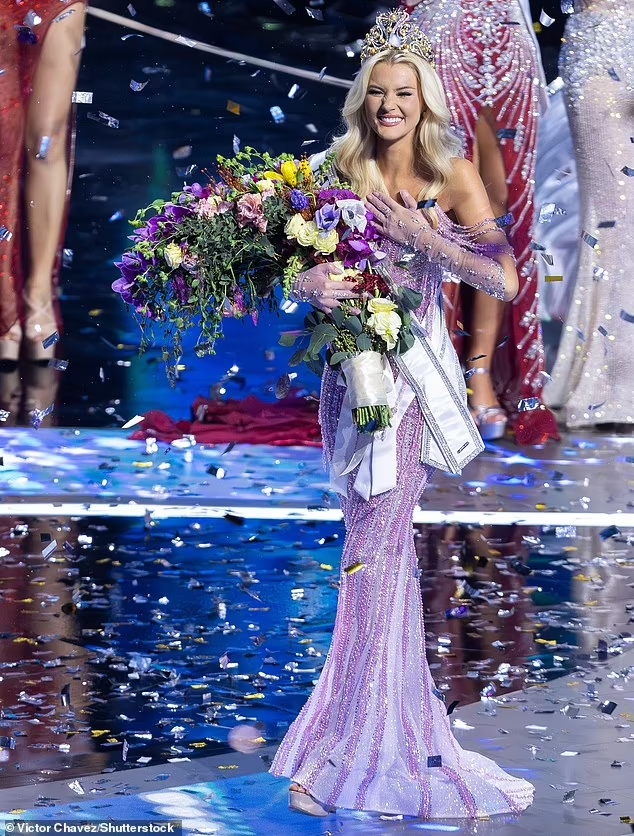
After the 2023 Miss Universe tournament welcomed married, plus-sized, and transgender contestants, Victoria Kjaer Theilvig rose above more than 120 competitors to claim the crown.
Despite the pageant being owned by a Thai media tycoon and vocal advocate for transgender rights, this year’s competition embraced a more traditional format.
Last year, the event gained attention when Marina Machete of Portugal became the first transgender woman to place in the top 20, challenging what many viewed as outdated beauty standards.
Earlier in 2023, Rikkie Valerie Kolle, 22, made history as the first transgender winner of Miss Netherlands.
This journey was paved by Angela Ponce, the first openly transgender woman to win Miss Spain, who broke barriers by competing in Miss Universe just a few years ago.
The reactions on Saturday night reflected the shifting landscape of beauty pageants, with many expressing surprise at a non-transgender winner.
Prominent political commentator Matt Wallace, addressing his more than two million followers, remarked, “BREAKING: Fans shocked after straight, white, biological woman wins Miss Universe 2024.”
Another social media user exclaimed, “Reality has just returned! Denmark, congrats! The woke virus is on the run, and the tides are turning.” Others chimed in with comments like, “Hold the line.”
These reactions highlighted the ongoing cultural debate surrounding the evolving ideals of inclusivity and tradition in global competitions like Miss Universe.
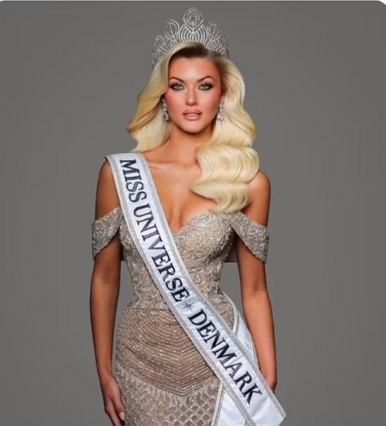
“Return to normalcy,” another person commented, echoing the broader conversation about the sanctity of traditional all-female competitions.
Many responses appeared to be made in jest, though they reflected ongoing cultural debates.
This discourse brings to mind controversies such as the one involving Algerian fighter Imane Khelif, who won a gold medal, and transgender activist Dylan Mulvaney, best known for her collaboration with Bud Light.
Khelif, a biological woman, was falsely labeled as transgender by far-right groups. Despite her passport confirming she was designated female at birth, she was barred from competing in the 2023 World Championships after failing unclear and highly scrutinized eligibility checks.
Meanwhile, Dylan Mulvaney, born male and now identifying as female, has faced both support and backlash, symbolizing the polarizing discussions surrounding gender identity in competitive and public spaces.

Since then, conservatives like Italian Premier Giorgia Meloni and former U.S. President Donald Trump, poised for a potential return to office, have criticized the International Olympic Committee’s (IOC) qualifying criteria for fighters.
The controversy stems from the decision by the International Boxing Association (IBA), a governing body for the sport, to exclude Khelif from the 2023 World Championship final due to reported “elevated testosterone levels.”
Both politicians have pointed out inconsistencies between the IOC’s policies and those of the IBA, sparking renewed scrutiny over the circumstances surrounding Khelif’s exclusion.

Khelif has taken legal action against the French media over allegations that the 25-year-old has XY (male) chromosomes, dismissing the claims as “a big conspiracy.”
Meanwhile, Mulvaney reflected on her experience, saying, “I came to London on vacation this summer after months of feeling isolated, and when I arrived, I didn’t feel that baggage I was carrying back in the U.S. I also didn’t feel like the beer girl who is transgender. I envisioned our nation as a safe haven.”
The “baggage” she referred to stemmed from the backlash in the U.S., where some viewers reacted negatively to a trans woman’s image being featured on cans of their favorite beer.
Fans of the Miss Universe pageant, which was acquired last year for $20 million by Thai entrepreneur and transgender advocate Anne Jakkapong Jakrajutatip, showed a lukewarm response on Saturday.
Jakrajutatip has embraced inclusivity, welcoming numerous transgender competitors to the pageant, including Rikkie Valerie Kollé and Marina Machete.
Kollé made history in July 2023 as the first trans woman to win the title of Miss Netherlands, while Machete, a 29-year-old flight attendant, won the title of Miss Portugal just weeks before the competition.
Machete performed admirably, advancing to the finals but ultimately losing to Nicaragua’s Sheynnis Palacios, who succeeded Andreína Martínez as the reigning Miss Universe.
Following her victory as Miss Portugal, Machete expressed gratitude in an Instagram video, thanking fans for their “positive and empowering” messages, which she described as a source of inspiration.
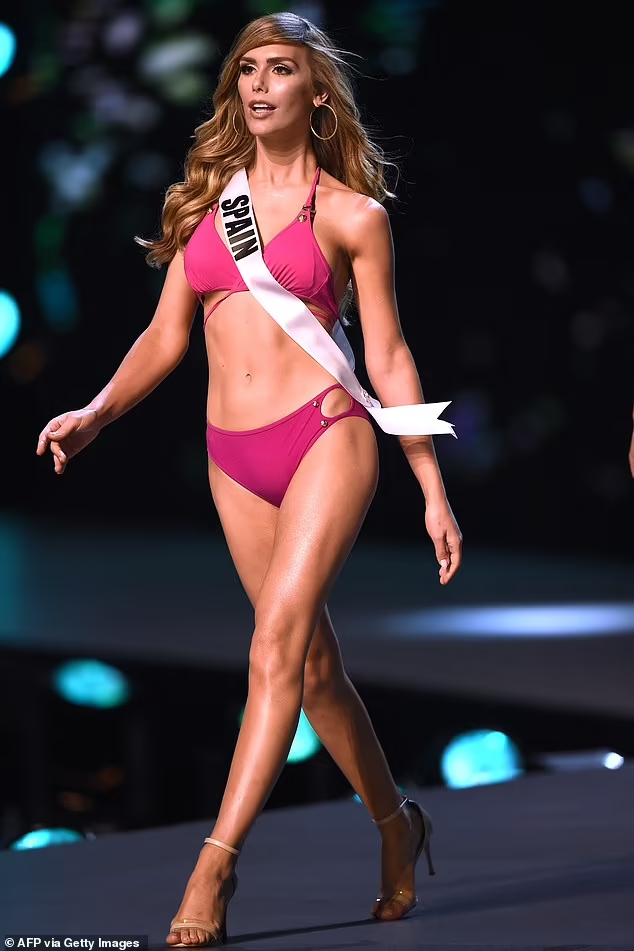
“To all of you watching, I just want to say that, just like the universe, your possibilities in life are limitless,” Machete said. “Therefore, don’t limit yourself to just one dream.”
Meanwhile, Mulvaney, who was controversially named Woman of the Year by British magazine Attitude around this time last year, continued to make waves despite the ongoing gender eligibility debates.
She went on to win Olympic gold, further fueling the controversy.
At an awards ceremony in October 2023, the London-based magazine presented Mulvaney with the prestigious title, which led to an emotional and empowering speech.
Mulvaney, 27, reflected on the differing perspectives she faced, saying, “Some see me as the woman of the year, some see me as a woman of a year and some change.” She added, “And some people don’t even consider me a woman.” She went on to explain that she had “publicly come out online 560 days ago,” noting the significant journey she had undertaken since then.
Before gaining widespread recognition through her Days of Girlhood TikTok series, which documented her transition, Mulvaney expressed her gratitude for receiving the award in the UK rather than the US. She also touched on the brewing controversy surrounding her later sponsorship deal with Bud Light, which would spark much public debate.




